I am trying to write a custom Cypress command that sends a POST request to an endpoint, & I then want to store the response body in my test.
Here is what the response body looks like in Postman:
Here is my custom command in cypress/support/commands.js, for simplicity, I've removed the request body values:
Cypress.Commands.add('createStudent', (email) => {
cy.request({
method: `POST`,
url: `myUrl`,
body: {}
}).then((resp) => {
return resp
});
});
Here is the code in my spec file:
let response = cy.createStudent(email);
cy.log(response)
However, when I run the code I get back the below object rather than the response body:
Can someone please tell me where I am going wrong, & what changes are required to return the actual HTTP response body?

